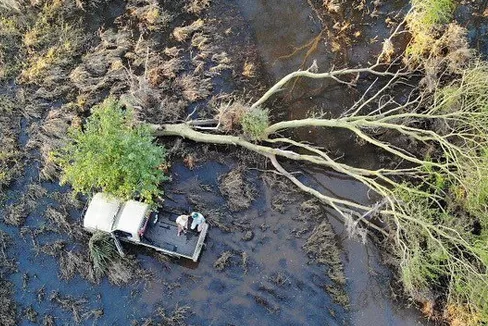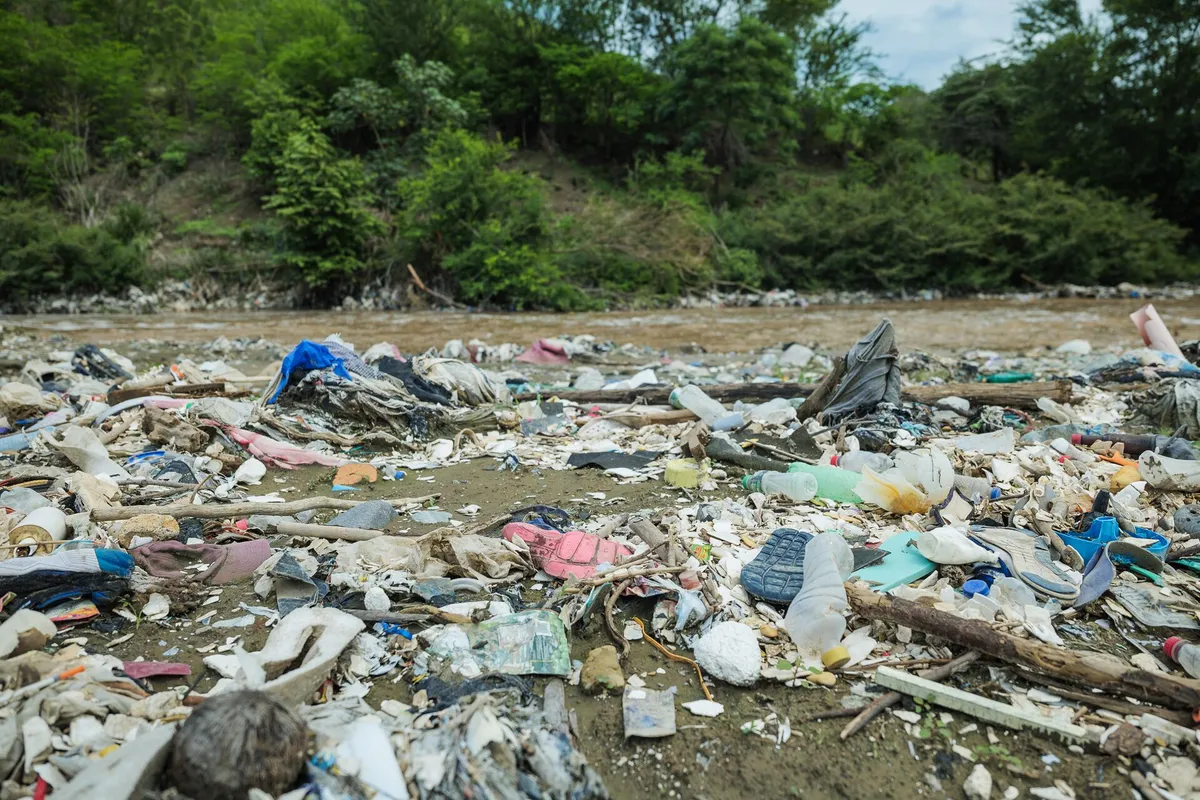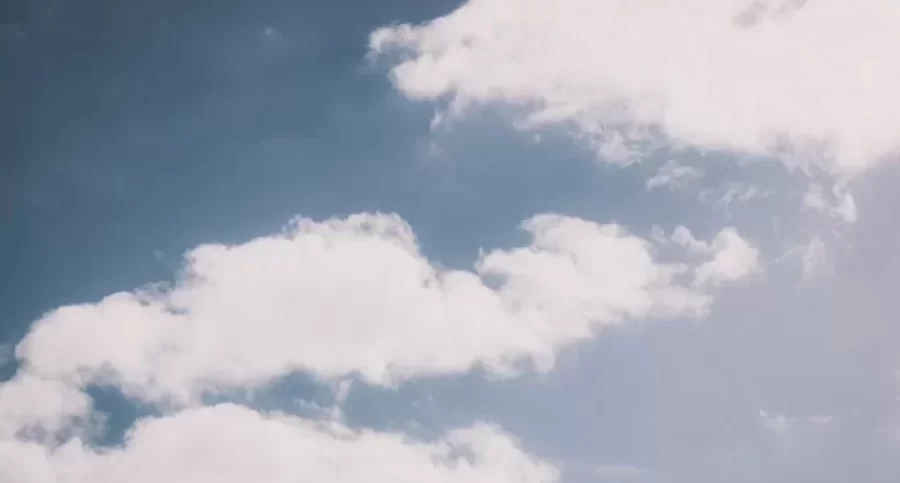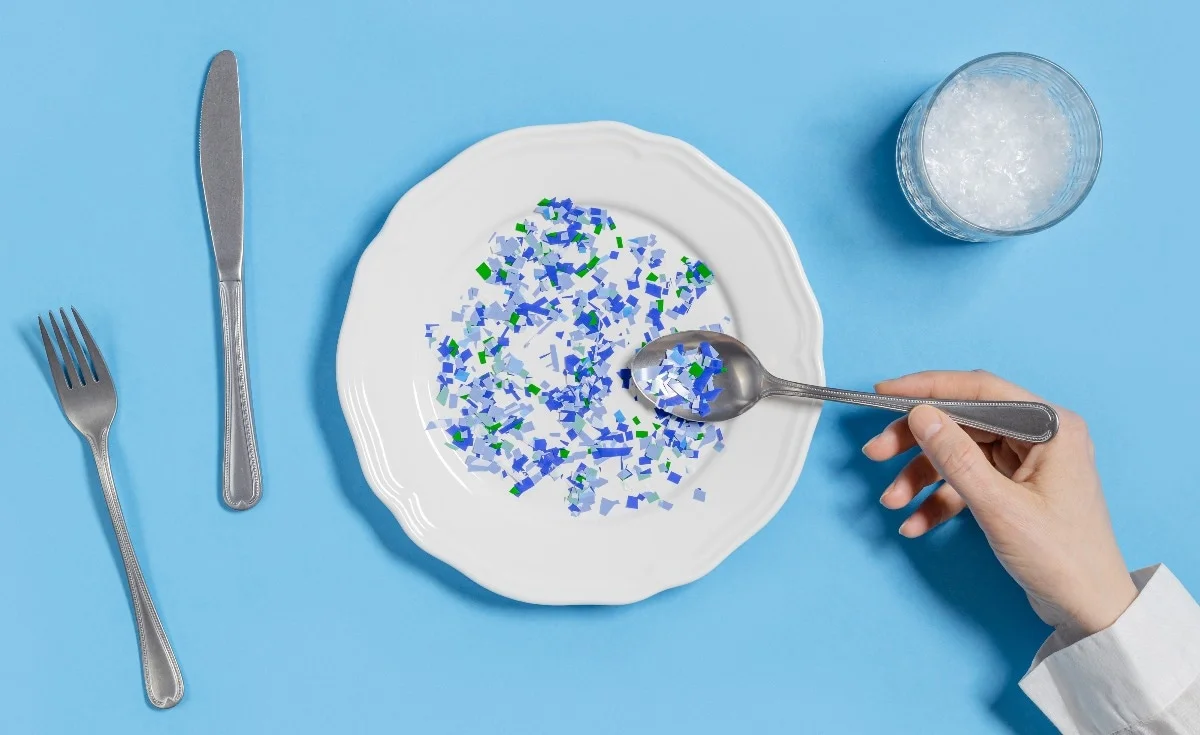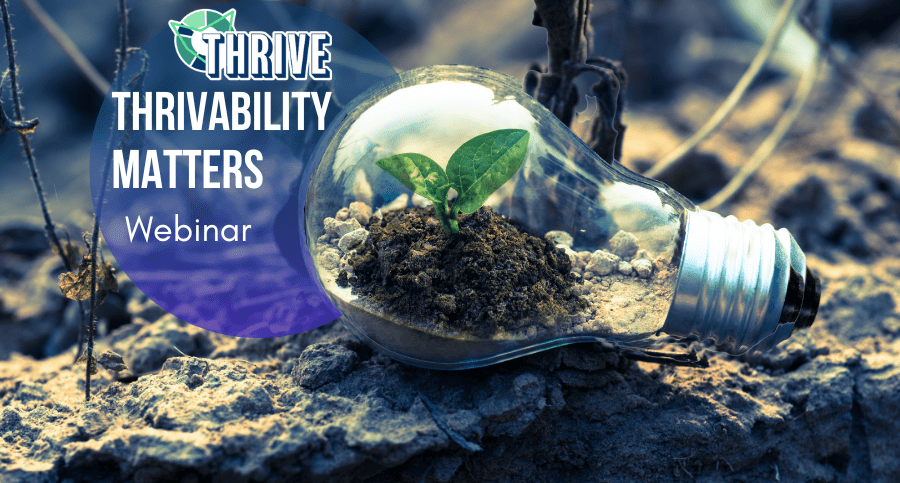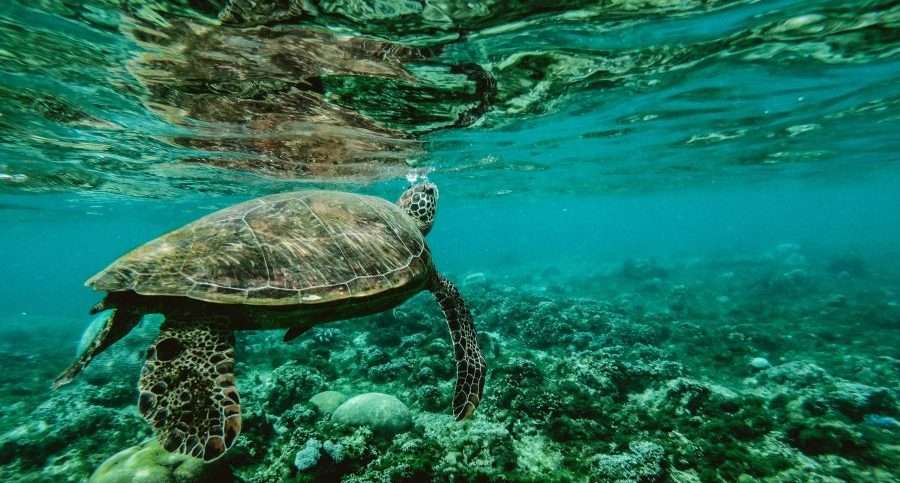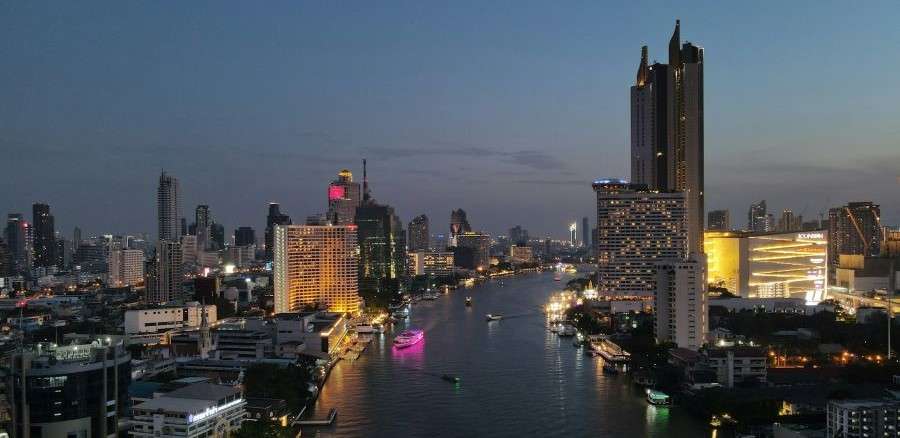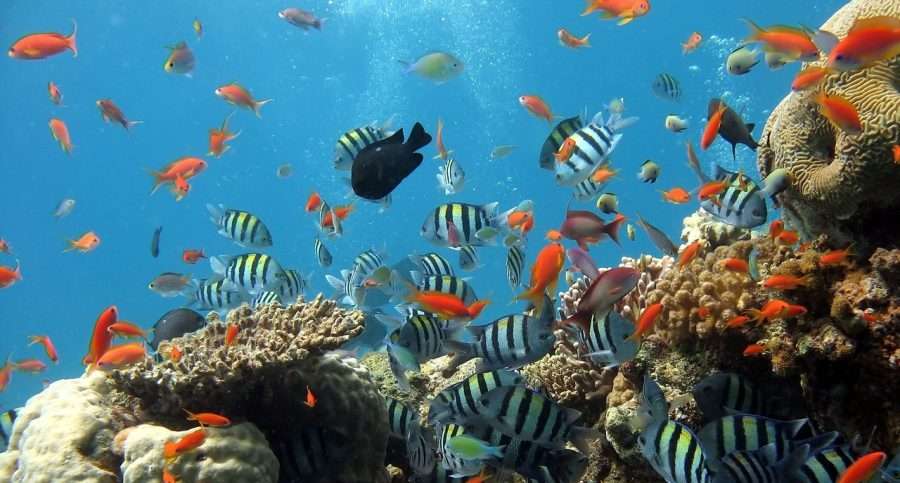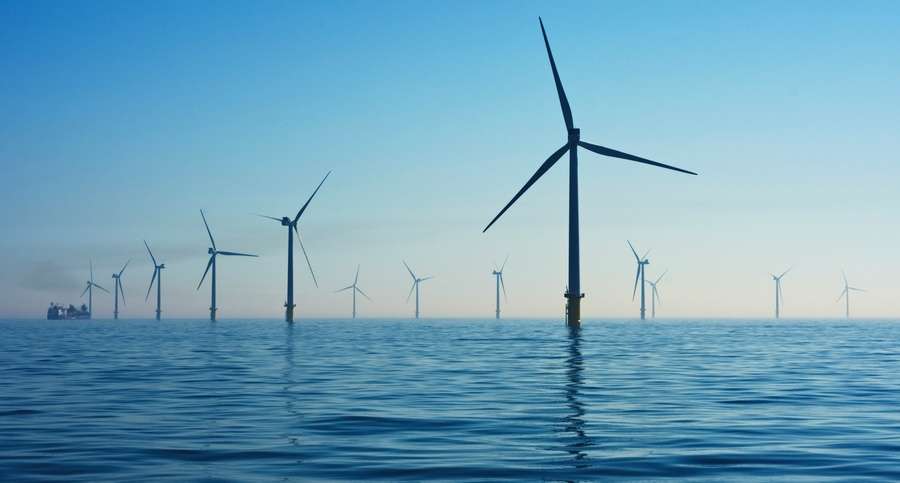How Waterway Pollution Fuels Extreme Weather and Climate Disasters
Introduction Water and climate change are inextricably linked. Extreme weather makes water scarce, less predictable, and more polluted (UN Water, n.d.). Waterway pollution is becoming a critical global concern as climate change intensifies extreme weather events. Storms, floods, and hurricanes are now more frequent and more destructive, placing immense pressure on natural and built water systems. […]
How Waterway Pollution Fuels Extreme Weather and Climate Disasters Read Post »
Environment, Science, Sustainability




















